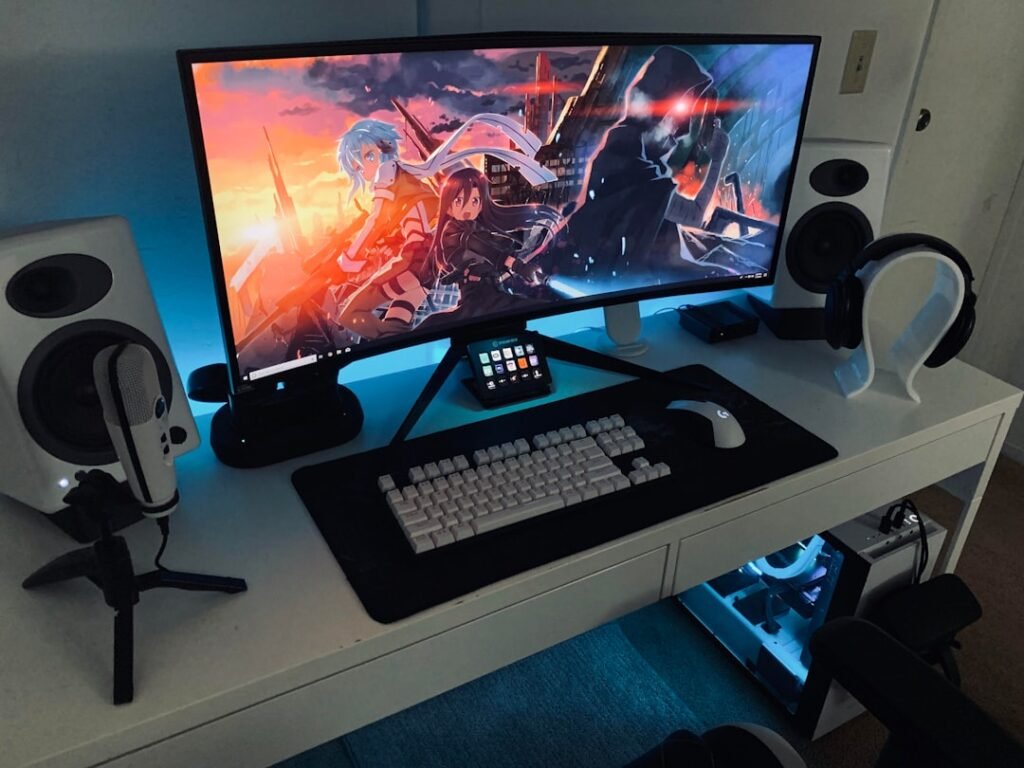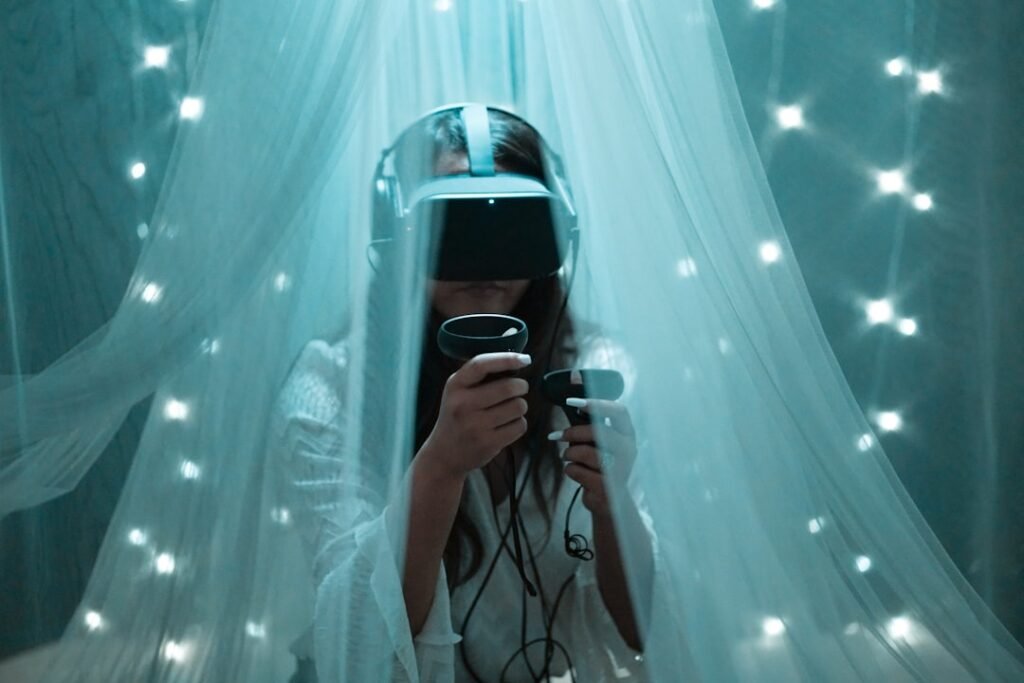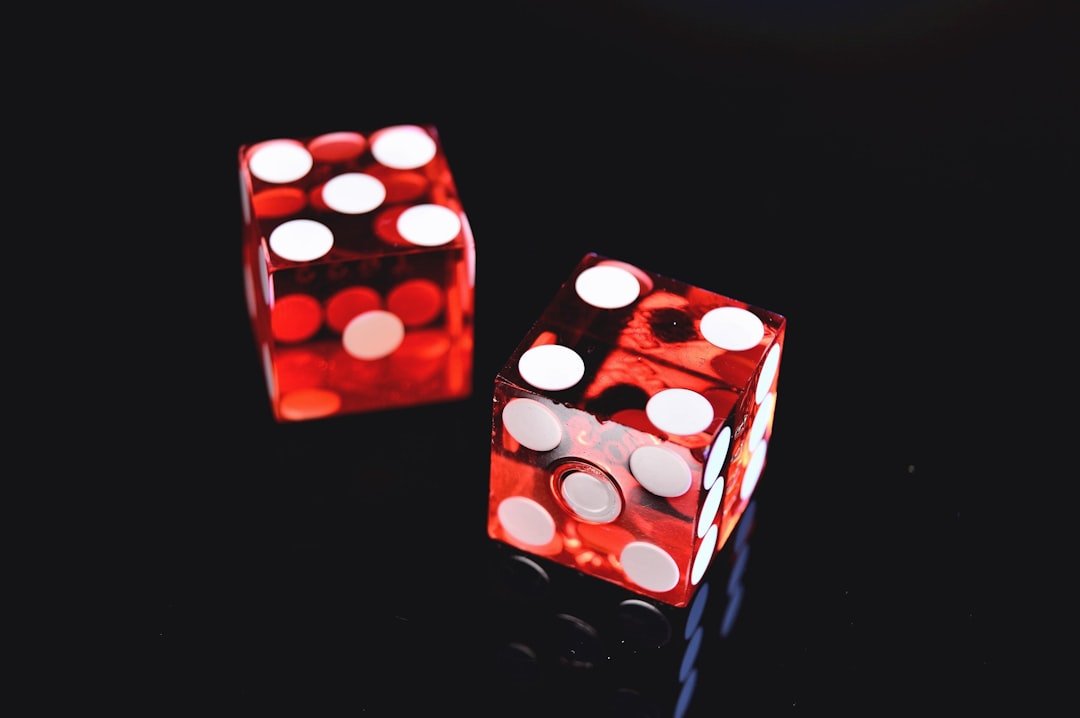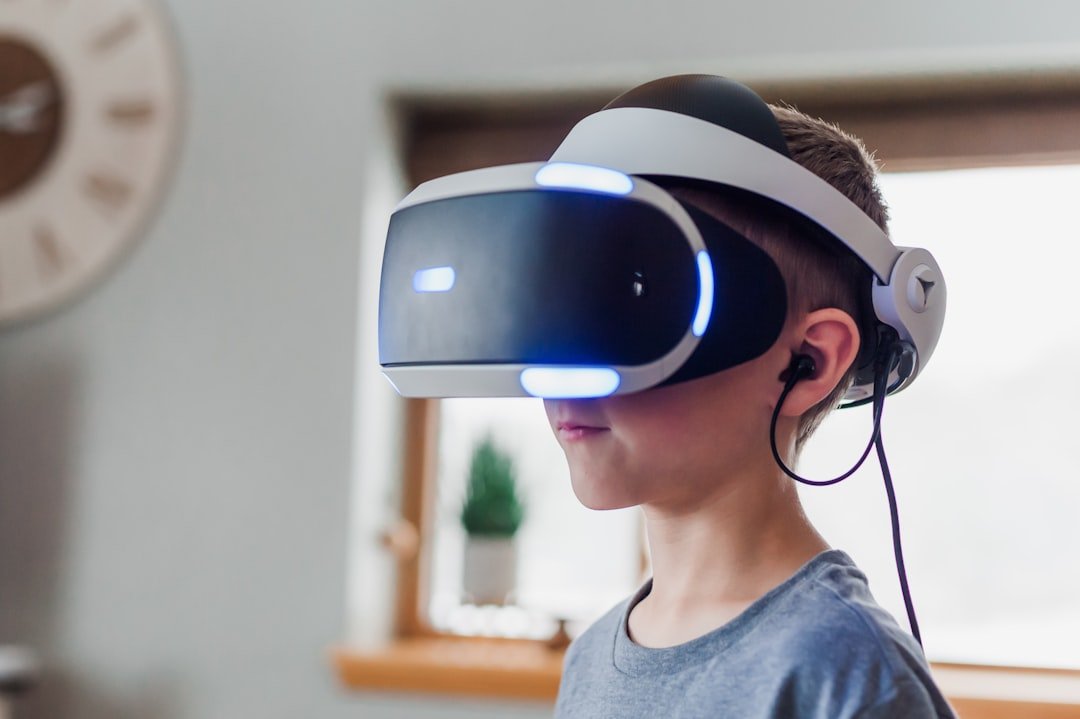Now Reading: How to Transition from Casual to Competitive Gaming
-
01
How to Transition from Casual to Competitive Gaming
How to Transition from Casual to Competitive Gaming
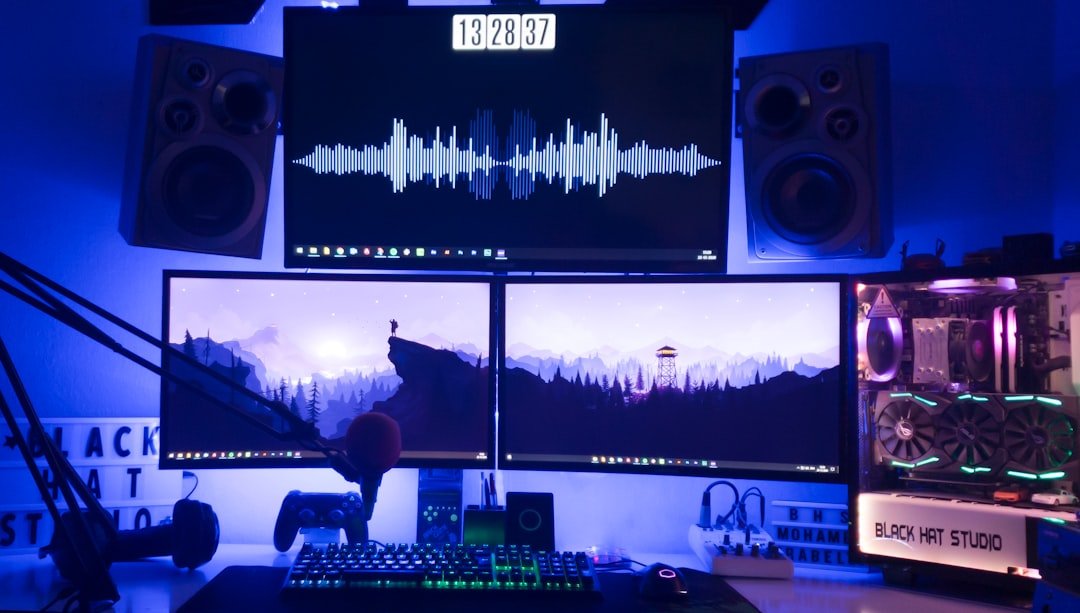
As I delve into the world of gaming, I find it essential to distinguish between casual and competitive gaming. Casual gaming often serves as a form of relaxation and entertainment, where the primary goal is enjoyment rather than achievement. I remember my early days of gaming, where I would lose myself in vibrant worlds, exploring at my own pace without the pressure of performance.
The thrill of discovering new levels or characters was enough to keep me engaged. In casual gaming, the stakes are low, and the experience is often shared with friends or family, creating a social atmosphere that enhances the enjoyment. On the other hand, competitive gaming transforms this experience into something more intense and focused.
Here, the objective shifts from mere enjoyment to achieving victory against opponents. I’ve experienced the adrenaline rush that comes with competitive play, where every decision counts and strategy becomes paramount. The environment is charged with energy, and the pressure to perform can be exhilarating yet daunting.
Understanding this distinction has helped me appreciate both forms of gaming, recognizing that while casual gaming offers a respite from daily life, competitive gaming challenges me to push my limits and hone my skills.
Key Takeaways
- Casual gaming is for fun and relaxation, while competitive gaming involves setting goals and objectives for improvement.
- Setting clear goals and objectives is crucial for competitive gaming success.
- Building a strong foundation of game knowledge and skills is essential for competitive gaming.
- Finding a competitive gaming community or team can provide support and motivation for improvement.
- Developing a consistent practice routine is key to improving in competitive gaming.
Setting Clear Goals and Objectives for Competitive Gaming
When I decided to take my gaming more seriously, I realized the importance of setting clear goals and objectives. Initially, my aspirations were vague; I simply wanted to improve. However, as I began to understand the competitive landscape, I learned that specificity is key.
I started by identifying what aspects of my gameplay needed improvement—be it my aim, game sense, or teamwork. By breaking down my overarching goal of becoming a better player into smaller, manageable objectives, I found it easier to track my progress and stay motivated. Moreover, I discovered that setting both short-term and long-term goals was crucial for my development.
Short-term goals might include mastering a specific character or strategy within a month, while long-term goals could involve reaching a certain rank in a competitive league by the end of the season. This structured approach not only keeps me focused but also provides a sense of accomplishment as I achieve each milestone. By regularly revisiting and adjusting these goals based on my performance and experiences, I ensure that I remain engaged and challenged in my competitive journey.
Building a Strong Foundation of Game Knowledge and Skills

To excel in competitive gaming, I’ve come to understand that a solid foundation of game knowledge and skills is indispensable. This foundation begins with understanding the mechanics of the game itself—knowing how different characters or units function, their strengths and weaknesses, and how they interact with one another. I’ve spent countless hours studying game guides, watching tutorials, and analyzing gameplay from top players to deepen my understanding.
This knowledge not only enhances my gameplay but also allows me to anticipate opponents’ moves and devise effective counter-strategies. In addition to theoretical knowledge, practical skills are equally important. I’ve dedicated time to practicing specific techniques, whether it’s perfecting my aim in a first-person shooter or mastering combos in a fighting game.
This hands-on experience is vital; it’s one thing to know how to execute a move and another to do it under pressure during a match. By consistently working on my skills through drills and practice sessions, I’ve noticed significant improvements in my performance. This combination of knowledge and skill-building has laid a strong groundwork for my competitive endeavors.
Finding a Competitive Gaming Community or Team
As I immersed myself in competitive gaming, I quickly realized the value of being part of a community or team. Finding like-minded individuals who share my passion for competition has been incredibly rewarding. Engaging with a community allows me to exchange strategies, share experiences, and learn from others who are on similar journeys.
Whether through online forums, social media groups, or local meetups, connecting with fellow gamers has enriched my understanding of the game and provided me with valuable insights. Joining a team has taken this experience to another level. Being part of a cohesive unit means that I can collaborate with others who complement my skills and playstyle.
Together, we strategize, practice, and compete in tournaments, fostering a sense of camaraderie that enhances our performance. The support from teammates during challenging matches can be invaluable; we motivate each other to push through tough moments and celebrate our victories together. This sense of belonging not only improves my gameplay but also makes the competitive experience more enjoyable.
Developing a Consistent Practice Routine
Establishing a consistent practice routine has been one of the most transformative aspects of my journey in competitive gaming. Initially, I would play sporadically without any structure, which led to inconsistent results. However, once I recognized the importance of regular practice, I began to develop a schedule that allowed me to focus on specific areas of improvement.
By dedicating certain days to particular skills—such as aiming drills on one day and strategy analysis on another—I’ve been able to make steady progress. Moreover, consistency in practice has helped me build muscle memory and improve my reaction times. I’ve found that setting aside dedicated time each week not only enhances my skills but also reinforces discipline and commitment to my goals.
It’s essential to strike a balance between practice and rest; overexerting myself can lead to burnout. Therefore, I ensure that my routine includes breaks for recovery and reflection on what I’ve learned during practice sessions. This balanced approach has made my practice more effective and sustainable in the long run.
Analyzing and Learning from Your Gameplay

Self-Reflection and Improvement
After each match or practice session, I take the time to review my performance critically, looking at key moments where I made mistakes or missed opportunities. By identifying these areas for improvement, I can focus on specific aspects during future practice sessions.
Learning from Others
I also find it beneficial to watch replays or streams of other players who excel in the same game. Observing their decision-making processes and strategies provides me with new perspectives that I can incorporate into my own gameplay.
Collaborative Learning
Additionally, discussing gameplay with teammates or community members can yield valuable insights that I might have overlooked. This collaborative approach to learning fosters an environment where we can all grow together as players.
Seeking Feedback and Constructive Criticism
In my pursuit of excellence in competitive gaming, seeking feedback and constructive criticism has proven invaluable. While self-analysis is crucial, external perspectives can highlight blind spots that I may not notice on my own. I’ve learned to approach teammates or more experienced players for their insights on my gameplay.
Their observations often provide me with fresh ideas on how to improve or different strategies to consider. However, it’s essential to approach feedback with an open mind and a willingness to learn. Not all criticism will resonate with me immediately; some may challenge my current beliefs about gameplay or strategy.
Embracing this discomfort is part of the growth process. By actively seeking out feedback and being receptive to it, I create opportunities for continuous improvement that ultimately enhance my performance in competitive settings.
Managing Your Mental and Emotional Well-being
As I navigate the highs and lows of competitive gaming, managing my mental and emotional well-being has become increasingly important. The pressure to perform can sometimes lead to stress or anxiety, especially during crucial matches or tournaments. To combat this, I’ve developed strategies for maintaining a positive mindset.
Practicing mindfulness techniques such as deep breathing or visualization helps me stay focused and calm during intense moments. Additionally, I’ve learned the importance of taking breaks when needed. Stepping away from the game allows me to recharge mentally and emotionally, preventing burnout from excessive play or competition stress.
Engaging in other activities outside of gaming—whether it’s exercising, spending time with friends, or pursuing hobbies—provides balance in my life and helps me return to gaming with renewed energy and enthusiasm.
Understanding the Importance of Adaptability and Flexibility
In competitive gaming, adaptability is a skill that can make or break a player’s success. Throughout my journey, I’ve encountered various challenges that required me to adjust my strategies on the fly. Whether facing unexpected tactics from opponents or dealing with changes in game mechanics through updates, being flexible has allowed me to stay competitive in dynamic environments.
Embracing change rather than resisting it has become a crucial part of my growth as a player. Moreover, adaptability extends beyond just gameplay; it also involves being open to feedback and willing to change my approach based on new information or experiences. For instance, if a particular strategy isn’t yielding results after several attempts, I’ve learned to pivot quickly rather than stubbornly sticking with what isn’t working.
This mindset not only enhances my performance but also fosters resilience—a vital trait for any competitive gamer.
Participating in Tournaments and Competitive Events
Participating in tournaments and competitive events has been one of the most exhilarating experiences in my gaming journey. The thrill of competing against skilled players from different backgrounds pushes me out of my comfort zone and challenges me to elevate my gameplay.
Preparing for these events requires meticulous planning—practicing specific strategies tailored for potential opponents while ensuring that I’m mentally ready for the pressure of competition. The atmosphere at tournaments is electric; the camaraderie among players creates an environment where everyone shares a common passion for gaming. Even if I don’t always achieve the desired results, the experience itself is invaluable—each tournament adds layers to my understanding of competitive play.
Embracing the Competitive Gaming Mindset and Attitude
Ultimately, embracing a competitive gaming mindset has been transformative for me as a player. This mindset encompasses resilience, determination, and an unwavering commitment to improvement. Rather than viewing losses as failures, I’ve learned to see them as opportunities for growth—each setback provides valuable lessons that contribute to my development as a gamer.
Moreover, maintaining a positive attitude is crucial in navigating the ups and downs of competition. Celebrating small victories along the way keeps me motivated during challenging times while fostering an appreciation for the journey itself rather than solely focusing on outcomes. By cultivating this mindset, I’ve found greater fulfillment in both casual play and competitive endeavors—reminding myself that at its core, gaming is about passion and enjoyment.
In conclusion, navigating the world of competitive gaming requires dedication, strategy, and an understanding of both oneself and the game itself. By setting clear goals, building foundational skills, engaging with communities, analyzing gameplay critically, managing mental well-being effectively—all while embracing adaptability—I continue to grow as both a player and an individual within this vibrant landscape.
If you’re looking to enhance your gaming experience even further, you might want to check out 5 Games with Killer Boss Music Themes. This article explores how music can elevate the intensity and excitement of boss battles in video games, adding another layer of immersion to your gameplay. By incorporating these epic soundtracks into your gaming sessions, you can truly feel like a hero facing off against formidable foes.
FAQs
What is casual gaming?
Casual gaming refers to playing video games for fun and entertainment without a serious commitment to competition or skill improvement.
What is competitive gaming?
Competitive gaming, also known as esports, involves playing video games at a professional or highly skilled level with the goal of winning tournaments and competitions.
How can I transition from casual to competitive gaming?
To transition from casual to competitive gaming, you can start by practicing regularly, studying game strategies, joining a competitive gaming community, and participating in local tournaments or online competitions.
What are some popular competitive gaming titles?
Popular competitive gaming titles include games like League of Legends, Counter-Strike: Global Offensive, Dota 2, Overwatch, and Fortnite, among others.
What skills are important for competitive gaming?
Important skills for competitive gaming include hand-eye coordination, quick reflexes, strategic thinking, teamwork, and effective communication.
Are there professional opportunities in competitive gaming?
Yes, competitive gaming offers professional opportunities for skilled players, including the chance to join esports teams, compete in major tournaments with cash prizes, and even secure sponsorships and endorsements.












